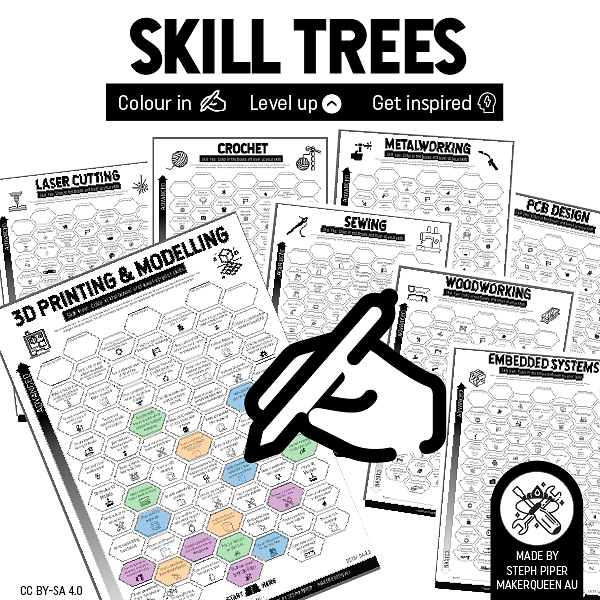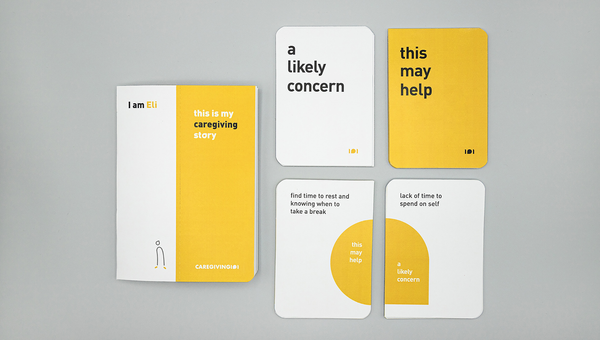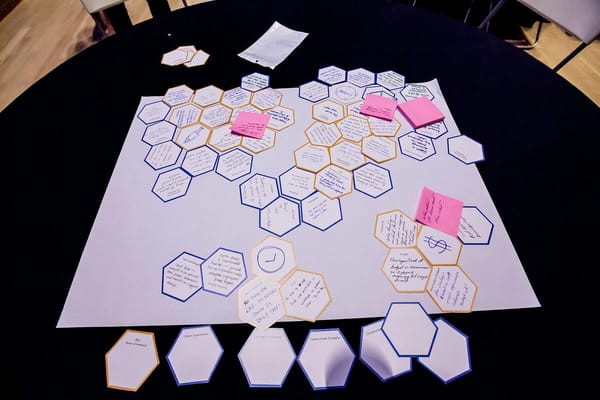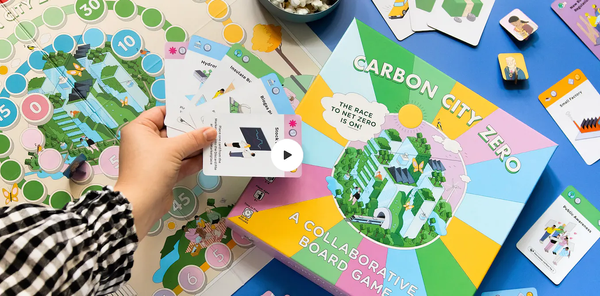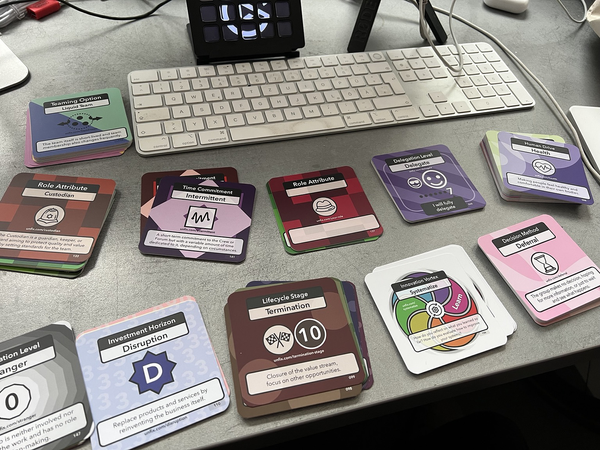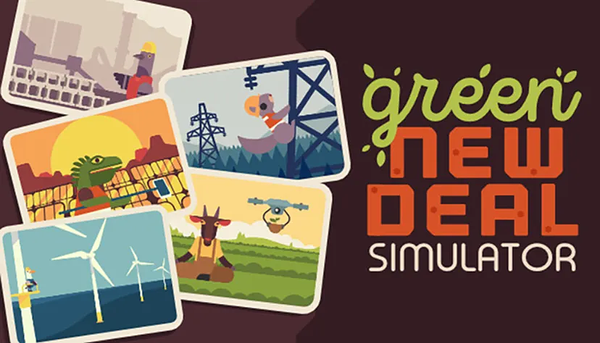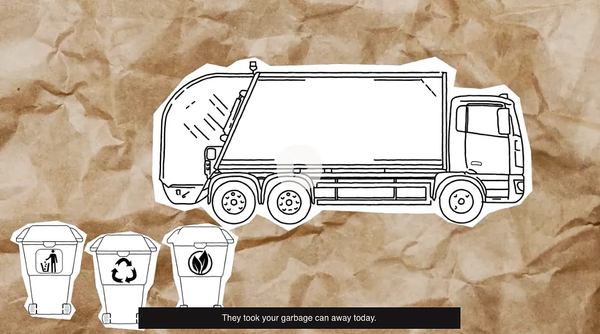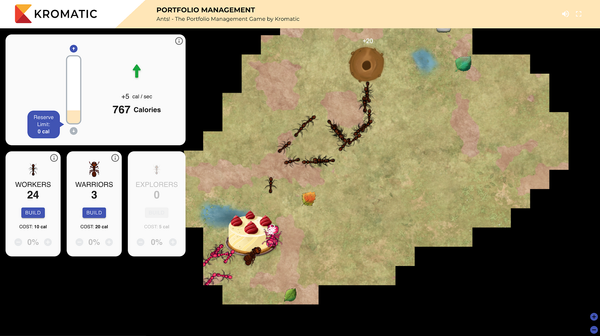
Finds
№ 54 | “The Privilege of Play,” Trust the Doers, Kromatic Innovation Resources, the Visual Frameworks Card Deck, and the Psychology of CYOA Video Games
It’s been a busy week at the Anderson household, as we celebrated multiple birthdays 🎂 this week (including my own!), but… I still managed to accumulate a mass of really interesting stuff I wanted to share with y’all. Enjoy! “The Privilege of Play” I enjoyed this is essay on

